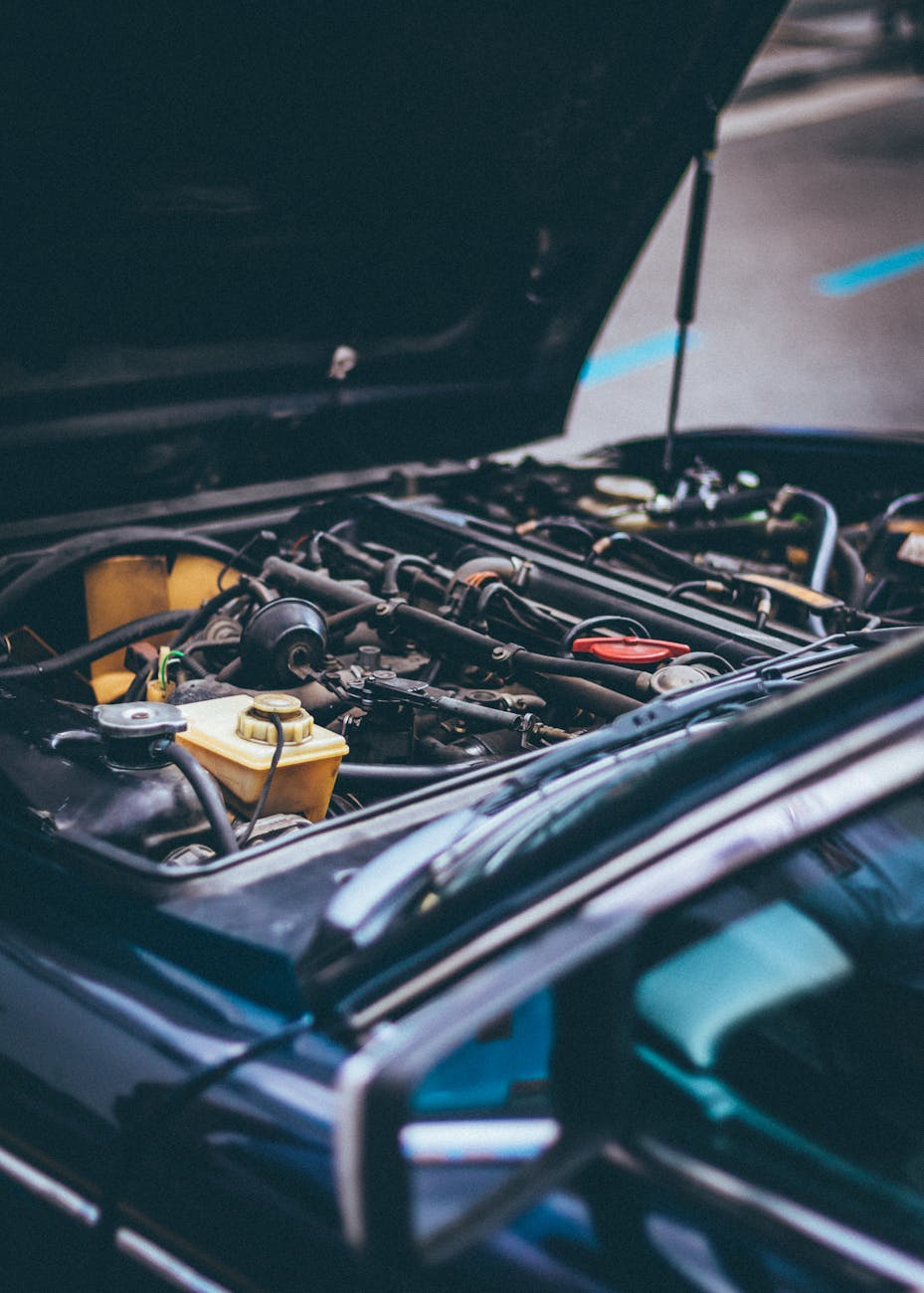When you buy a car, you’re making a significant investment—the value of which will change over time. Depreciation is the decrease in a vehicle’s value due to wear and tear, age, and market conditions. For those in the market for a new set of wheels, especially first-time car owners or financial planners, it’s essential to understand how depreciation impacts the cost of car ownership. Here’s what you need to know about car depreciation.
The Fast Drop in Value
One of the most important things to understand about buying a new car is that its value begins to drop immediately. In fact, new cars can lose between 9 to 11 percent of their value the moment you drive them off the dealership lot. This steep initial drop is a significant consideration if you’re planning to sell the car within the first few years of ownership.
The Five-Year Rule
Depreciation doesn’t stop at the dealership curb. On average, a new car’s value falls to about 40 percent of its original price after five years on the road. This means it loses approximately 15 percent of its value each year after the first year. When planning a vehicle purchase, consider how long you intend to keep your car and factor in this ongoing depreciation.
Financial Implications
The impact of depreciation extends beyond just the resale value of your car—it can also affect your financial decisions and planning. If you’ve obtained a loan for your car, depreciation could lead to a situation known as being “upside-down” on your loan, where you owe more than the vehicle is worth.
Buying Smart
Armed with the knowledge of how cars depreciate, you can make more informed decisions:
- Opt for a used car: Since the rate of depreciation is highest in the first few years, buying a car that’s at least three years old can save you a significant amount of money.
- Consider lease options: If you enjoy driving newer models and want to avoid the hassle of selling a depreciated asset, leasing might be a better financial move.
- Maintain your car’s value: Regular maintenance and safe driving can help you get the best resale value when it’s time to sell your car.
- Research car models: Some models hold their value better than others. Researching cars with strong resale values can help minimize depreciation’s bite.
Car depreciation is an inevitable part of automobile ownership, but with the right knowledge and strategies, you can mitigate its effects on your finances and make the best choice for your particular situation. Whether you are a car enthusiast, a first-time buyer, or a financial planner helping clients with major purchases, understanding depreciation is key to smart automotive investments.





Leave a comment